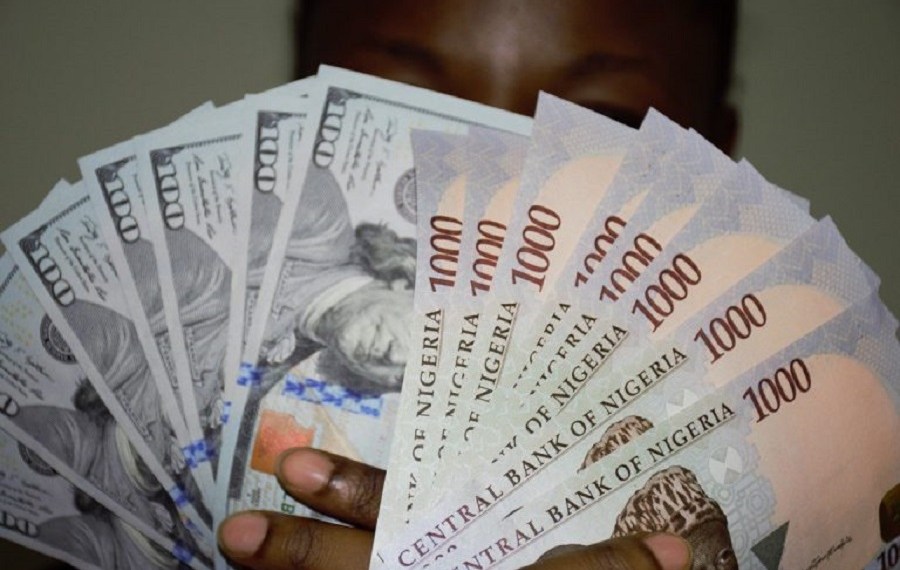
Aboki Naira To Dollar Black Market Rate Today 13th December 2024
December 13, 2024In Nigeria’s bustling informal currency markets, known colloquially as the ‘Aboki’ markets, the Nigerian Naira has experienced a slight adjustment against the US Dollar today, December 13, 2024.
According to reports from traders in major cities like Lagos and Abuja, the buying rate for a US Dollar in the black market is now around N1,670, with the selling rate hovering at approximately N1,680. This represents a minor shift in the rates observed over the past few days.
This fluctuation comes amid ongoing economic maneuvers by the Nigerian government and the Central Bank of Nigeria (CBN) to stabilize the national currency. The official rate set by the CBN stands at N1,688.784 per Dollar, highlighting the significant gap between the formal and informal sectors’ exchange rates. This disparity continues to influence daily transactions, particularly those relying on the black market for foreign exchange due to perceived inefficiencies or restrictions in the official market.
Economic analysts point to several factors contributing to these market dynamics:
- Supply and Demand: The black market rate often reacts quickly to changes in the supply of foreign currency, influenced by remittances, export earnings, and speculative investments.
- Government Policies: The CBN’s recent interventions, including the introduction of the Electronic Foreign Exchange Matching System (EFEMS) and managing liquidity through financial instruments like Eurobond issuance, aim to bolster foreign exchange reserves and stabilize the Naira. However, their immediate impact on the black market remains to be fully observed.
- Economic Sentiment: Public trust in the Naira’s stability, inflation rates, and the broader economic climate plays a crucial role in currency valuation in the informal sector.
The rate adjustments in the black market are not just numbers; they reflect the economic pressures ordinary Nigerians face, affecting everything from import costs to travel and education expenses abroad. The situation underscores the complexities of Nigeria’s dual exchange rate system, where the official and parallel markets operate in tandem yet often at odds.
Trending Now!!:
NOTICE!! NOTICE!! NOTICE!!
DISCLAIMER!! : Every Biography and Content Published On TheCityCeleb are For Knowledge Reason. Don't Hesitate to Reach Out for Any Correction || Suggestion || Copyright!!CORRECT@thecityceleb.com


